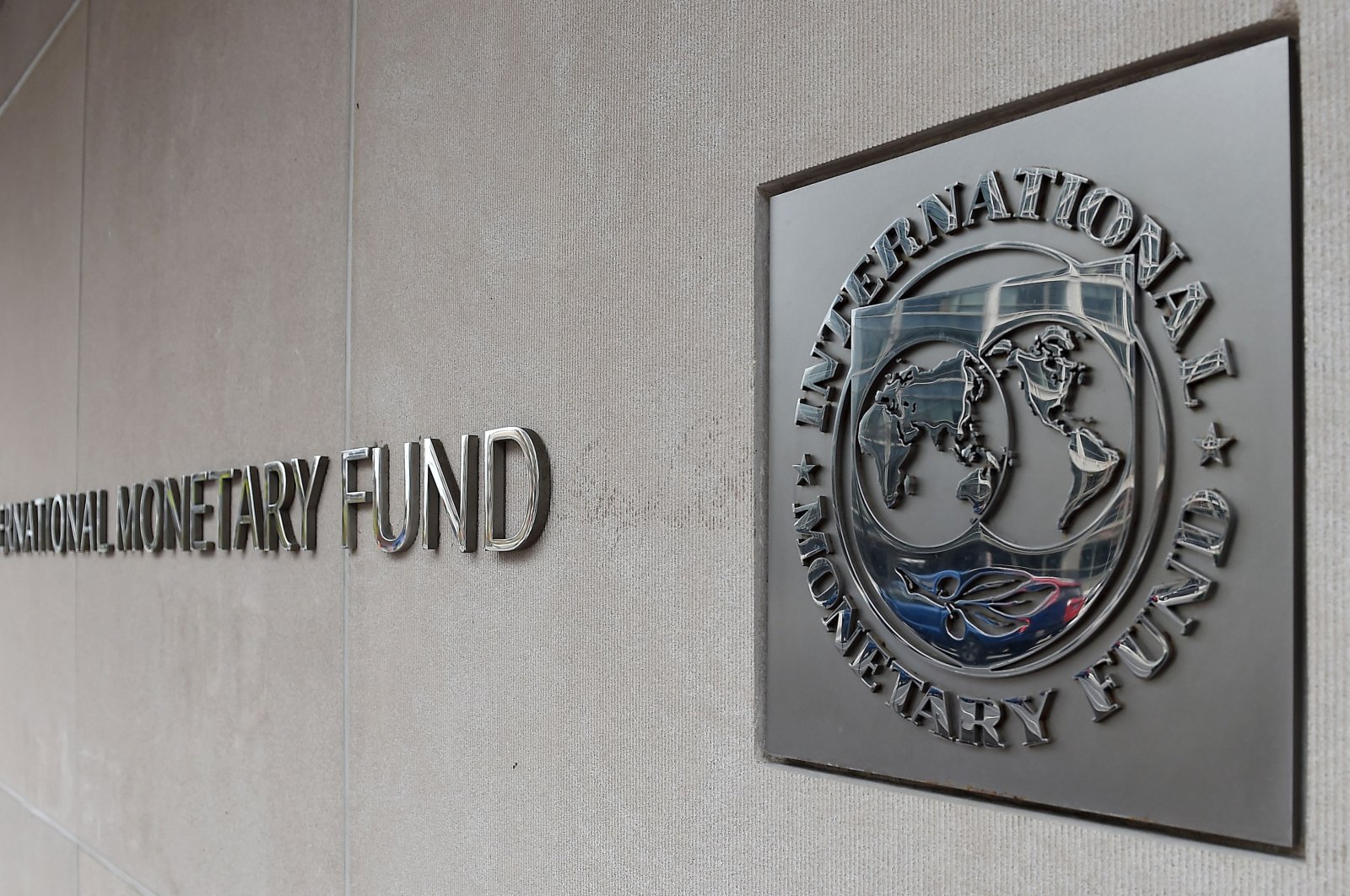Gambiaj.com – (BANJUL, The Gambia) – The Gambia is on a path toward economic growth, driven by productive discussions between the country’s leaders and the International Monetary Fund (IMF) during an 11-day mission that wrapped up in Banjul on October 11. Despite some fiscal challenges, the IMF review team reported progress on The Gambia’s reform agenda under the 36-month Extended Credit Facility (ECF) arrangement.
With completion of the second review anticipated by the year-end, a disbursement of approximately $11 million could be approved, bringing the total IMF support to $33.2 million.
In a statement following the visit, Ms. Eva Jenkner, who led the IMF team, noted that economic activity is strengthening, with growth estimated at 5.8 percent in 2024. Sectors such as agriculture, telecommunications, and construction, coupled with recovering tourism and remittance inflows, are driving this expansion. Inflation, once a serious concern, has decelerated to 9.8 percent as of August 2024 from a high of 18.5 percent in late 2022. The Central Bank of The Gambia remains committed to reducing inflation to a medium-term goal of 5 percent while supporting a flexible foreign exchange market.
Despite these positive indicators, the fiscal landscape remains challenging. Weaker-than-expected revenue collection, combined with spending pressures from the OIC Summit, infrastructure projects, and emergency aid to the national utility NAWEC, has strained the government’s budget.
Ms. Jenkner acknowledged that while ten out of eleven performance criteria were met, social spending pressures and reallocated budgets will require careful financial management.
Moving forward, policy discussions centered on implementing the National Development Strategy (2023-2027), with a focus on mobilizing domestic resources and reforming state-owned enterprises (SOEs) to support essential social programs and infrastructure projects.
To mitigate debt vulnerabilities and ensure continued growth, IMF staff emphasized the importance of fiscal responsibility and structural reforms in areas such as public financial management, governance, and climate resilience.
As the IMF and Gambian authorities continue discussions, including remote meetings and a follow-up in Washington D.C., all parties remain optimistic about concluding the second ECF review by the expected IMF Board approval date in December.










